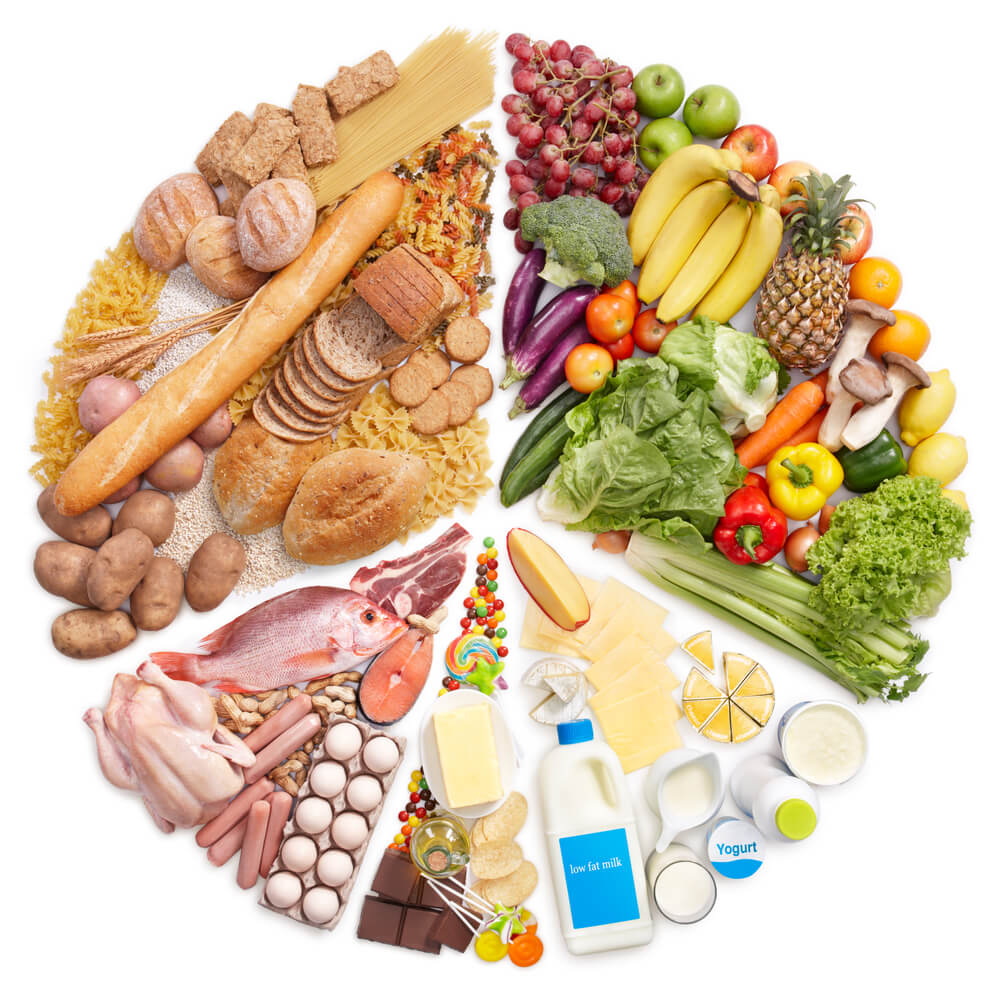
There are numerous questions about what a nutritionist can do and what the difference between a nutritionist and a dietician is. They are both health professionals, but their exact scope of operation is not always evident. Nutritionists and dieticians are nutrition professionals that can assess the various factors that influence food, taking into account its direct relationship with people’s health, which goes well beyond simply following a diet to lose weight. If you’re not sure what the difference between a nutritionist and a dietician is, or if you’re unsure which specialist to see in which situation, we clarify them in this article so that you always get the best care.
Nutritionist

A nutritionist is a professional with a bachelor’s or master’s degree in Human Nutrition and Dietetics (4 years), but it may also be a doctor with a degree or a degree in Medicine specializing in this field of health. In fact, the fact that the degree earned after completing the relevant degree is that of a nutritionist-dietician is what frequently causes misconceptions concerning these professionals’ areas of practice.
Because they are not limited to the formulation of specific dietary regimens, nutritionists might be regarded to have broader responsibilities than dieticians.
A nutritionist concentrates his work on the many factors that influence people’s eating and nutrition habits, including:
- Understand each food’s nutritional makeup, features, and potential impact on our health.
- Determine the best diet for those in good general health, as well as those who may have diseases or pathologies, using clinical nutrition as a supplement to a previous medical diagnosis.
- Indicate dietary circumstances that promote public health by allowing diverse organisms to perform their roles.
- Make suggestions for a proper communal and social repair.
- Educate in healthy eating habits.
- Act as a food safety advisor or a person in charge in the industrial field while advising on the suitability of new goods for various segments of the public (children, the elderly, pregnant or lactating women).
Dietitian

A dietician is a senior technician in dietetics (TSD) who has finished a two-year higher-level training cycle and is qualified to practice his profession. In this situation, his main responsibilities are:
- Identify people’s or groups’ individual nutritional needs in order to select the best diet for them, taking into account a variety of factors such as age, weight, and daily physical activity, as well as the presence of diseases or dysfunctions.
- Control and monitor the nutritional value of various menus, such as at schools or houses.
- These specialists also have the responsibility of promoting healthy eating habits.
Similarities and Differences Between Nutritionists and Dietitians

Nutritionists and dieticians both have the same goal in mind: to promote health and well-being through a well-balanced diet that is tailored to the individual’s needs. As a result, they are two professions with many aspects in common, albeit they are not identical. Both are food and nutrition experts, and the distinctions are primarily in their areas of expertise.
A dietitian’s main job is to help people who are in good health but desire to enhance one or more aspects of their lives through eating. The most obvious example is a desire or need to reduce weight, but a dietitian can also help an athlete or someone who wants to enhance vitality and energy in their daily life build the best diet for them.
The nutritionist can perform this function as well, but their guidance can also be extended to those with disorders such as obesity, diabetes, hypercholesterolemia, or issues absorbing and metabolizing particular nutrients, as long as the appropriate medical diagnosis has been made.
When it comes to allergies and intolerances, nutritionists are the authorities to turn to for diet advice. In these instances, the nutritionist’s dietary recommendations (inclusion and exclusion of foods in appropriate levels) would be considered part of the medical treatment.
Following your discovery of the similarities and differences between a nutritionist and a dietitian, we recommend that you learn about the Consequences of a Poor Diet to become more aware of the importance of taking care of yourself through what you eat and, if necessary, seek advice and assistance from one of these professionals.
This material is purely educational; we do not have the authority to offer medical treatment or make diagnoses. If you have any form of condition or discomfort, we encourage you to see a doctor.






